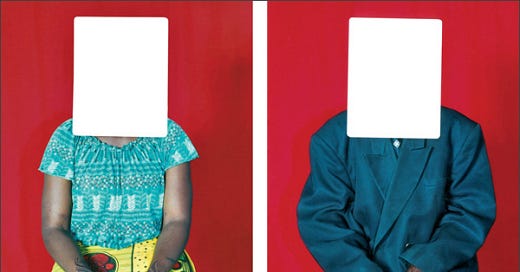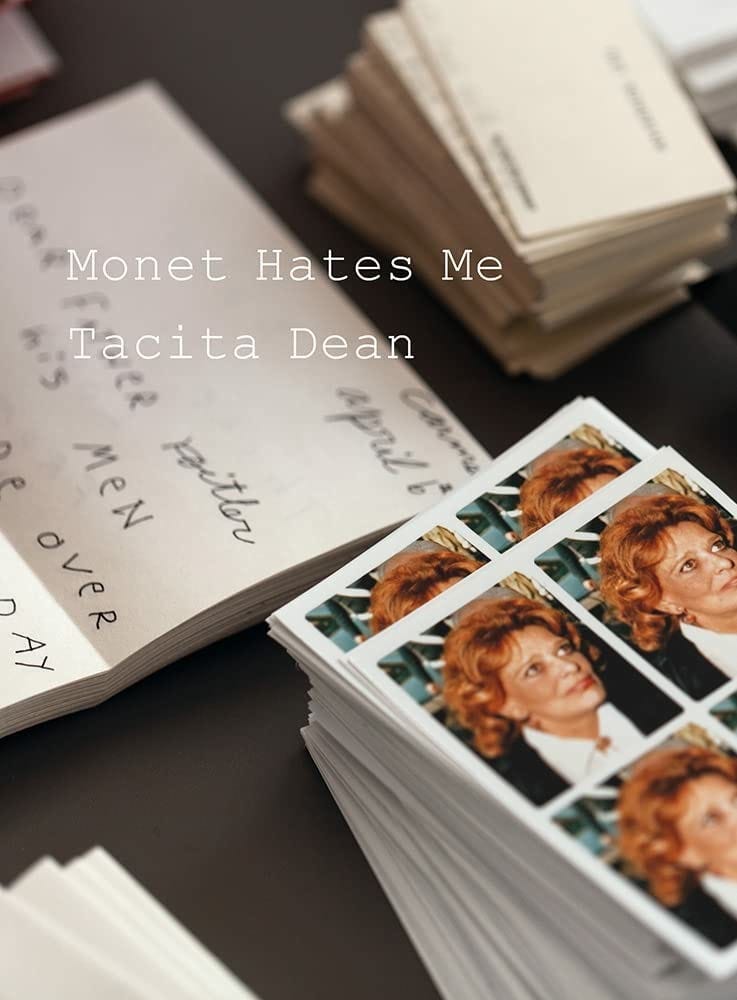I’ve often felt that one of the most intimidating and restricting things about writing, being in academia, or really just trying to exist (!!), is the need to define, categorize, structure and situate as a way of legitimising your work and by extension, yourself.
This sentiment is not intended to undermine the value of categorising, structuring and situating. I love a framework! I am a type-A adjacent, a slut for routine, structure and defined project phases. But at the same time, I’m perpetually overwhelmed by disappointment when I can’t fit things into the neat categories and timelines I intended to.
I find summarising and situating my interests challenging. This has often led to feelings of imposter syndrome: maybe i’m not really that interested in XYZ or maybe i’m not really smart enough for XYZ. In reality, I know how much I care and I know my passion runs deep enough to surpass any limits in knowledge or lack of defined category. I don’t think self-consciousness that morphs into self-restriction, self-policing, and self-limitation has a useful place and I’ve been trying to entangle some of these ideas, in the hopes that I can eventually release them.
Women’s writing as embodied
Example 1: During my Master’s we had a seminar about women’s embodied writing practices. I cannot remember exactly what we learned or the specifics of the class; but I remember working with Tina Campt’s Listening To Images, and I remember answering the essay question ‘Are women’s writing practices always situated, embodied and felt?’ with a big YES!
I remember how I felt during those classes. I remember feeling excited and experiencing the feeling of ‘butterflies in my tummy’ just like being in love (shout out to books for doing God’s work). Through these concepts, this class, and conversations with my classmates, I felt like part of me had been seen, validated and actualised (also shout out to my amazing professor Akanksha Mehta).
I remember going to my brother’s flat for dinner one night during that period and trying to explain my essay to him. I remember not being able to find the words, and him saying something that was a little bit dismissive of the idea, and I felt dumb and ignorant and disappointed and I wished I held the words to counteract him and substantiate my views in that moment because I felt SO strongly about the topic, but I didn’t know how to argue it or communicate what I felt/knew.
Despite studying these ideas academically at graduate level, my understanding of embodiment remained, first and foremost, embodied. I have been thinking about this a lot lately in relation to the idea that certain modes of knowledge have been ‘illegtimised’ through imperialism and colonialism, such as embodiment, gesture and dance. If we can’t communicate an idea in a direct, oral and structured way, it may be perceived as less true or less valuable.
Chance as research method
When I was applying for the Getty Graduate Internship, I wanted the position so badly. I knew that if I was given the chance, I would give 1000% in this role, I would engage with the work in a way that is meaningful to me and those I am working with, talk to everyone I could, make the most of all the opportunities it would bring me, and experience a general feeling gratefulness, awe and ecstacy about being here (4 months in and I still feel that).
I knew the position was the perfect foundation for me to go deeper into all of these areas I was exploring in different parts of my life, but in preparation for my interview, I really struggled with how to communicate my passion, ability and interest areas in a way that felt legitimate, rigid and directional. I think I felt like a fake because I didn’t have a niche area of expertise within the history of art, and I felt nervous about how I could neatly define why they should choose me for the role.
Working at the Getty means lots of convos with people who a) have lots of experience working within the arts and a large art history knowledge b) have a graduate degree in art history and a large art history knowledge or c) have both! So I have had to think about my insecurities/imposter syndrome a lot more over the past months.
Medievalism legitimises the girlies
Example 2: A couple of weeks ago we had an interns’ special collections tour, and one curator was showing us some contemporary photos. She asked if we knew the artist, then turned to one intern, subtly directing the question to her. Without pause, the intern responded: ‘I’m a medievalist!’
In my head, this legitimised her not knowing. She didn’t seem ignorant for not knowing who the artist was, because her interest areas are *streamlined and specific*. She is doing a PhD in medieval art, she is a serious girlie, she knows what she likes and who she is!
I have 1 million different interest areas and they are always changing. I am currently working on a photobook exhibition and have become obsessed with photobooks but also barely know any photographers’ names and that makes me feel like an imposter.
I have a lot of anxiety about this in a way I don’t think I would have if I were an *expert* in one field, and that is such a silly and unnecessary thing to feel bad about. In a sense I know this is a really beautiful space to be in because my interests are open and there I have so much curiosity for things I will potentially explore, and no one really cares about this defining of interests and knowledge but me. But why can’t I see my passion and interest as being equally valuable to knowledge? What in the cartesian notions of knowledge production am I thinking???
Monet Hates Me - Tacita Dean
On my first day at the Getty, my supervisor showed me a ‘free books’ shelf in the library and I picked one titled ‘Monet Hates Me,’ (because I liked the title) an artist’s book by Tacita Dean. I didn’t open the book for a few weeks but, by happenstance finding, it has become very important to me!
I love that it ended up in my possession by chance, and that it reminds me of my first day at the Getty.
The book is featured in the photobook anthology What They Saw, serving as a connection to the exhibition which I am working on currently.
Tacita Dean was a scholar at the Getty and her book is about her artistic practice ‘of using chance as a research method’ - something which connects to these insecurities I have been having about my direction and lack of expertise in one specific area.
Magazines in the fridge
Example 3: I will outline Tacita Dean’s research approach - of allowing random encounters and unexpected discoveries to guide her process - through another GRI encounter.
One of the librarians was showing me the low temperature vaults where some of the special collection books and magazines are kept to preserve them.
I am a bibliophile, a lover of an organised collection of books and magazines, a curious wanderer who sometimes lacks direction and rigour. I asked him ‘can I come in here and browse through the collections?’ he said ‘ummm yeah, but you should probably narrow it down to an area you’re interested in first, there’s a lot of stuff in here.’
In my mind, I had been shot down. God damn it, another reminder that I lack a specific research area. I am not a medeivalist!
Fast-forward to me reading Tacita Dean’s book and learning that her ‘chance encounter as research process’ was just taking random boxes from the special collections and then creating this book out of the treasures, stories and connections she found. I loooove this idea! By turning happenstance or chance into a process, she keeps the playfulness and serendipitous nature of research alive, but working in a way that feels accessible and less grandiose than some other types of research.
I think Tacita Dean’s process speaks to a resistance against fixed definitions. She embraces the unpredictable, fluid, and open-ended nature of creative and intellectual processes, and honestly made me feel a lot better and more legitimate about my messy interest areas, imposter syndrome and limited or overlapping knowledge pools. While academia, writing and working in the arts can so often seem intimidating and high stakes, its so important to remember that we choose to do this because we want to - there is something that drives us to write or learn, and it shouldn’t be feelings of inadequacy. Moving forward, I want to focus on channelling this playfulness, curiosity and lightness into my work and my days.
Stay enquiring and stay keeping note ❤️ !






taylor, i am asking you once again to stop reading my personal journals!!! honestly i have been thinking about this idea of not being an expert in a specific niche and being interested in way too many things for literally my entire life but also a lot more these past few months and it's been getting me Down but this piece of yours gives me genuine hope :') please write a guide for us all on how to manage this i'm waiting. also i've read this so many times and have been fighting the urge to print it off and highlight everything, in other words, i know you're busy being the most cultural person i know but write a book xx